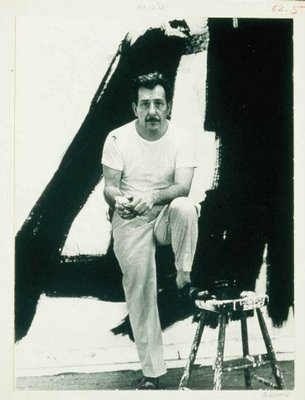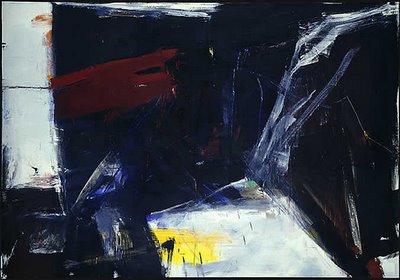Semantics and Post-Evangelicals
I had my first discussion with a post-modern post-evangelical c.a. 1980 in a coffee shop in the basement of the Elliott Bay Bookstore south of Pioneer Square, Seattle's equivalent of the left bank. This fellow, we will call him Mike, was a recent graduate of Denver Seminary where he studied under Vernon Grounds.
Mike's problem with historic orthodoxy was all about language. Not linguistics in general but semantic theory. The ambiguity that you mentioned several times is based in a semantic theory, a negative reaction to the structuralist framework. The post-modern dialectic took some of the central ideas from F. de Saussure and turned them on their head, made them into a rather complex game which came to be known as deconstruction.
My major beef with Mike's framework was epistemological nihilism. In mid 1990s I had several hours long discussions with a christian man we will call Arik who had written his dissertation on deconstruction. Arik was working on a synthesis of Karl Barth and J.Derrida. He tried to discuss his project with Derrida in person without much success. Arik vehemently and repeatedly denied that epistemological nihilism was a necessary result of his framework. I didn't find his defense convincing.
The ambiguity you correctly highlighted is a distortion, a crude caricature of some valid aspects of contemporary semantic theory. On the other hand a number of major bible translation consultants have incorporated recent developments in "relevance theory" into their working frameworks without sinking into the nether gloom of epistemological nihilism. A case in point is Reinier de Blois who is developing a Hebrew lexicon which incorporates cognitive frames into the structure of the lexicon.
Mike's problem with historic orthodoxy was all about language. Not linguistics in general but semantic theory. The ambiguity that you mentioned several times is based in a semantic theory, a negative reaction to the structuralist framework. The post-modern dialectic took some of the central ideas from F. de Saussure and turned them on their head, made them into a rather complex game which came to be known as deconstruction.
My major beef with Mike's framework was epistemological nihilism. In mid 1990s I had several hours long discussions with a christian man we will call Arik who had written his dissertation on deconstruction. Arik was working on a synthesis of Karl Barth and J.Derrida. He tried to discuss his project with Derrida in person without much success. Arik vehemently and repeatedly denied that epistemological nihilism was a necessary result of his framework. I didn't find his defense convincing.
The ambiguity you correctly highlighted is a distortion, a crude caricature of some valid aspects of contemporary semantic theory. On the other hand a number of major bible translation consultants have incorporated recent developments in "relevance theory" into their working frameworks without sinking into the nether gloom of epistemological nihilism. A case in point is Reinier de Blois who is developing a Hebrew lexicon which incorporates cognitive frames into the structure of the lexicon.




